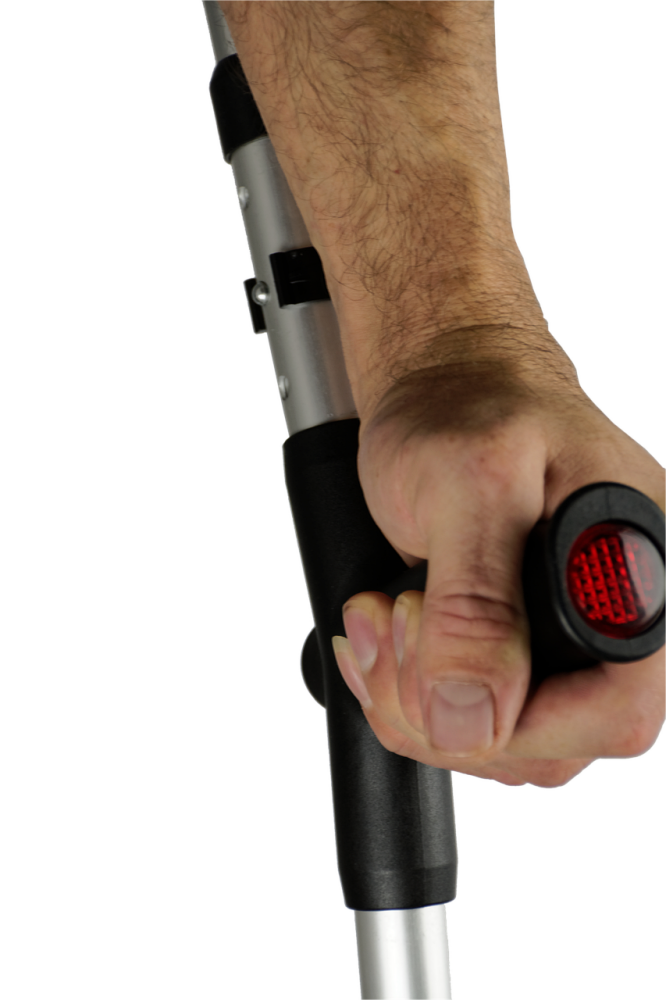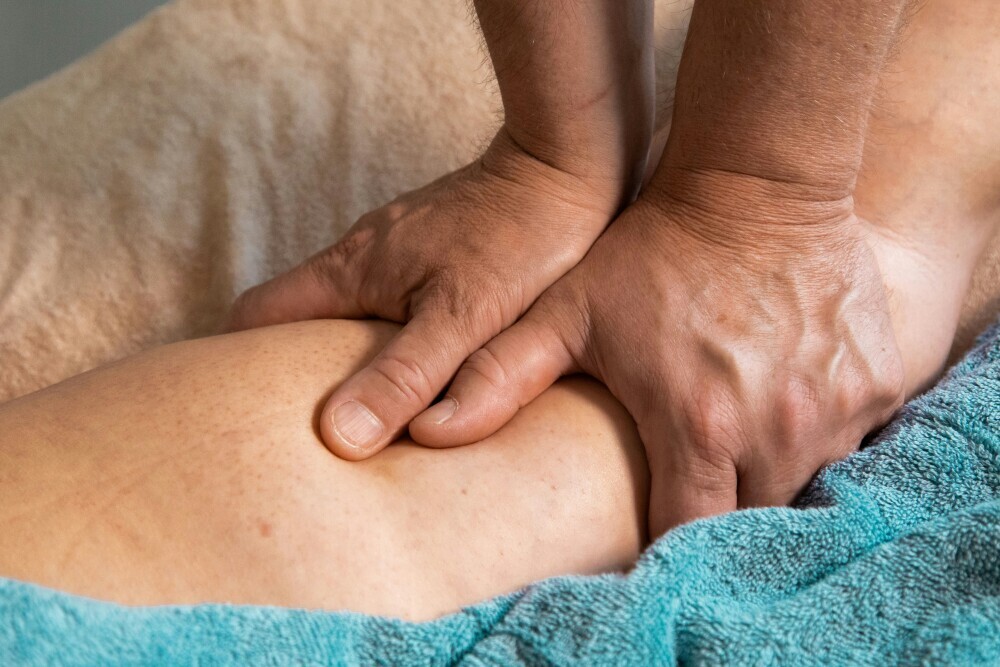
AI in Rehabilitation: Enhancing Recovery Through Smart Fitness Solutions
Rehabilitation, the process of restoring physical, cognitive, or psychological function after injury or illness, is constantly evolving. Today, Artificial Intelligence (AI) is emerging as a powerful force, transforming rehabilitation practices through smart fitness solutions. By offering personalized plans, real-time feedback, and increased accessibility, AI is revolutionizing recovery journeys and empowering individuals to regain their independence.
Check out our AI promotion website here: https://alpusonlineai.com.
Introduction: The Symbiosis of AI and Rehabilitation
AI in rehabilitation refers to the use of intelligent computer systems to assist in various aspects of the recovery process. This includes data analysis, personalized exercise plans, remote monitoring, and even robotic assistance.
Exploring the current landscape of rehabilitation technology:
Traditional rehabilitation methods often involve in-person therapy sessions, which can be limited by factors such as cost, accessibility, and scheduling constraints. Existing technologies, such as basic fitness trackers, provide some data but lack the sophisticated analysis and personalization capabilities of AI.
Illustrating how AI-driven smart fitness solutions are revolutionizing patient care:
AI-driven solutions are changing the game by:
- Personalizing treatment plans: Tailoring exercises and therapies to individual needs and progress.
- Providing real-time feedback: Motivating patients and ensuring correct exercise execution.
- Increasing accessibility: Offering remote rehabilitation options for those with limited access to in-person care.
- Optimizing recovery outcomes: By analyzing data and identifying patterns to improve treatment effectiveness.
Discussing the role of data analytics in optimizing rehabilitation outcomes:
Data analytics is crucial for understanding patient progress and making informed decisions about treatment plans. AI can analyze vast amounts of data from various sources, such as wearable sensors, patient-reported outcomes, and clinical assessments, to provide valuable insights.
Check out our AI promotion website here: https://alpusonlineai.com.
AI-Powered Devices: Bridging Physical and Digital Therapies
AI is powering a new generation of devices that bridge the gap between physical and digital therapies.
Highlighting key AI-powered devices used in rehabilitation:
- Wearable sensors: Track movement, heart rate, sleep quality, and other physiological data.
- Exoskeletons and robotic limbs: Provide support and assistance for movement and mobility.
- Virtual reality (VR) and augmented reality (AR) systems: Create immersive and engaging rehabilitation exercises.
Explaining how wearable technology enhances physiotherapy outcomes:
Wearables provide objective data on patient activity levels, allowing therapists to monitor progress remotely and adjust treatment plans as needed. This data can also be used to motivate patients and encourage adherence to their exercise programs.
Discussing the role of robotics in personalized recovery plans:
Robotics can provide precise and controlled movements during therapy sessions, allowing for more targeted and effective rehabilitation. AI can personalize these robotic interventions based on individual patient needs and progress.
Emphasizing the benefit of real-time feedback for patients and therapists:
Real-time feedback from AI-powered devices can help patients understand how they are performing exercises and make corrections as needed. This feedback can also provide valuable information to therapists, allowing them to adjust treatment plans and provide more effective guidance.
Check out our AI promotion website here: https://alpusonlineai.com.
Virtual Rehabilitation: Expanding Access to Care
Virtual rehabilitation offers a convenient and accessible alternative to traditional in-person therapy.
Breaking down the concept of virtual rehabilitation and its benefits:
Virtual rehabilitation uses technology, such as video conferencing and virtual reality, to deliver therapy remotely. This offers several benefits:
- Increased accessibility: Patients can access therapy from anywhere with an internet connection.
- Reduced costs: Virtual therapy can be more affordable than in-person therapy.
- Increased convenience: Patients can schedule therapy sessions at their convenience.
Explaining how AI adapts virtual environments for customized exercises:
AI can personalize virtual rehabilitation environments by adjusting the difficulty of exercises, providing customized feedback, and creating engaging virtual scenarios.
Discussing the challenges and solutions in remote patient monitoring:
Challenges in remote patient monitoring include ensuring data security, maintaining patient engagement, and addressing technical issues. Solutions include using secure data transmission protocols, incorporating gamification elements, and providing technical support to patients.
Describing the impact of virtual therapy on patient convenience and adherence:
Virtual therapy can significantly improve patient convenience and adherence by eliminating the need for travel and offering flexible scheduling options.
Check out our AI promotion website here: https://alpusonlineai.com.
Data-Driven Insights: Personalizing Recovery Journeys
AI can analyze patient data to create highly personalized recovery plans.
Exploring how AI analyzes patient data to create personalized recovery plans:
AI algorithms can analyze data from various sources, including medical history, physical assessments, and wearable sensors, to identify patterns and create customized treatment plans.
Discussing how machine learning algorithms predict patient progress:
Machine learning algorithms can learn from historical data and predict patient progress, allowing therapists to adjust treatment plans proactively.
Illustrating the use of data visualization in tracking healing progress:
Data visualization tools can help patients and therapists track progress and understand the effectiveness of treatment plans.
Emphasizing the importance of secure and private data handling:
Protecting patient data is paramount. Implementing robust data security measures and complying with privacy regulations are essential.
Check out our AI promotion website here: https://alpusonlineai.com.
Training Smarter: AI in Regulated Fitness Regimes
AI can also play a role in regulated fitness regimes within rehabilitation programs.
Explaining how AI tailors fitness programs to individual needs:
AI can personalize fitness programs based on individual fitness levels, goals, and limitations.
Discussing the role of AI in monitoring adherence and progress:
AI can track exercise performance, provide feedback on technique, and monitor progress over time.
Highlighting success stories of AI-driven fitness regimes in rehabilitation:
Examples include using AI to develop personalized exercise programs for patients recovering from surgery or injury.
Exploring AI’s role in reducing rehabilitation duration and costs:
By optimizing treatment plans and improving adherence, AI can help reduce the duration and cost of rehabilitation.
Check out our AI promotion website here: https://alpusonlineai.com.
Future Horizons: AI Innovations Shaping Rehabilitation
The future of AI in rehabilitation is full of exciting possibilities.
Predict emerging AI trends in rehabilitation and smart fitness:
- More sophisticated AI algorithms: Will provide even more accurate predictions and personalized treatment plans.
- Integration with other technologies: Such as robotics, VR, and AR, will create even more powerful rehabilitation solutions.
- AI-powered diagnostic tools: Will assist in diagnosing injuries and illnesses more accurately and efficiently.
Discussing potential ethical considerations and regulatory challenges:
Ethical considerations related to data privacy, algorithmic bias, and the use of AI in healthcare will need to be addressed. Regulatory frameworks will also need to adapt to the rapid advancements in AI technology.
By embracing AI and addressing the associated challenges, the rehabilitation field can unlock new levels of effectiveness, accessibility, and personalization, empowering individuals to achieve better recovery outcomes and improve their quality of life.
Check out our AI promotion website here: https://alpusonlineai.com.


This article brilliantly highlights the transformative potential of AI in rehabilitation! ?? From personalized recovery plans to cutting-edge wearable tech, it showcases how innovation can empower patients and improve outcomes. A must-read for anyone passionate about the intersection of health and technology! ??
Hi Sadaf, Thank you very much for taking the time to read and comment on our post. You have absolutely picked up that technology can be used to assist health in many ways, cheers Alan.
This article brilliantly highlights the transformative potential of AI in rehabilitation! ?? From personalized recovery plans to cutting-edge wearable tech, it showcases how innovation can empower patients and improve outcomes. A must-read for anyone passionate about the intersection of health and technology!
Hi Sadaf, Thank you very much for taking the time to read and comment on our post. AI has applications in health and welfare and can really help people in their recovery phase, cheers Alan.